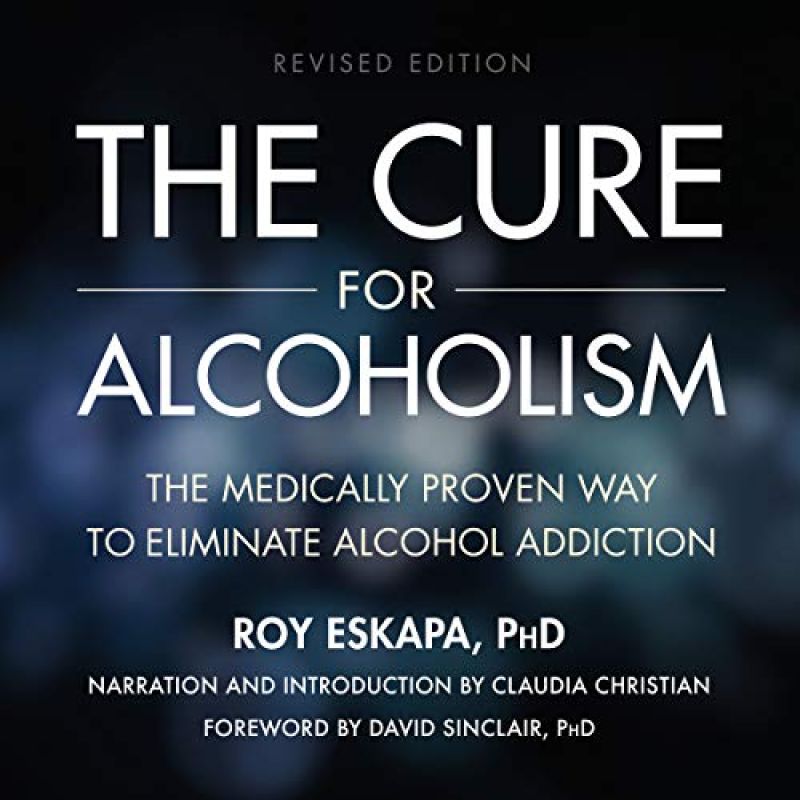Jeff Green | Mar 22, 2023
At a zoom seminar conducted by the Sharbot Lake Family Health Team in conjunction with Brad Flear, an addictions and mental health worker with Addictions and Mental of KFL&A, Ottawa based family doctor Dr. Jennifer Purdy discussed some of the protocols she follows for patients who want/need to control their alcohol intake and have not been successful using other treatment methods.
She prescribes a drug called Naltrexone, a drug that binds to the endorphin receptors in the body, and blocks the effects and feelings of alcohol. Dr. Purdy prescribes the drug using the Sinclair method, which was developed by dr. David Sinclair in the 1990s, and has been the subject of studies ever since.
“Instead of taking Naltrexone the way people take most medications, once or twice a day at the same time, the Sinclair method is to have patients take Naltrexone an hour before their first drink of the day,” Purdy said during the seminar.
She explained that Naltrexone does not change the way the taste or anything else about alcohol, but it prevents the alcohol from producing the endorphins that those who depend on alcohol have become accustomed to as their habit has developed and been reinforced over years of drinking.
Over time, drinking becomes less desirable, and in many cases people find themselves drinking less, or not at all.
“One of the problems with other forms of treatment for alcohol, for many people, is the all or nothing mentality. Programs like Alcoholics Anonymous work really well for some people and that is great, but there are others for whom it does not work. One of the difficulties is the way the brain works, because cravings increase when they are abstaining, and only decrease when they have a drink.”
She said that studies where people were given Naltrexone and told not to drink showed that Naltrexone was not effective.
“In order for Naltrexone to work, it must be taken with alcohol. And in some cases, if people are drinking for a long time, say over 4 hours, they may find the drinks are starting to taste really good, they need to take a second dose,” she said.
She also said that it takes time for Naltrexone to work.
“In very few cases, patients have said they felt effects the first time they tried it, but in most cases it takes time, but not that long, only a week or two to feel an effect, and the effect then increases.”
The cost is covered by health plans, and some insurance plans, and it costs about $200 per month otherwise.
A couple of the barriers to treatment are that the Sinclair method is an off label use of Naltrexone, which is listed as a daily dose drug instead of being prescribed to be taken an hour before drinking, which is not necessarily a daily occurrence for people.
“Some patients, and some families, find it hard to get their head around a doctor telling them or their loved one to drink. It seems counter-intuitive, but in order for Naltrexone to work, people need to drink after taking it,” she said.
Because Naltrexone blocks opioid receptors, it can be dangerous and not prescribed for people who take opioids in addition to alcohol.
“There is a real risk of overdose because the opioids will not work, because the receptors are full, and people end up taking more and more, hence the risk of overdose.”
While much of what Dr. Purdy talked about was aimed at doctor's who are considering prescribing Naltrexone for their patients, she also provided some general information.
The session also included two testimonials, from clients of Brad Flear's who have been prescribed Naltrexone by their own family doctors after Flear encouraged them to try it.
The stories were powerful, delving into some of the drinking and other mental health issues they have dealt with over their lives. The first man talked about his attempts at abstinence. At a difficult time, he was referred to Brad Flear, who gave him a book about the Sinclair method. He decided to try it, and even though it was prescribed as a one pill a day, he used the Sinclair method instead.
“At first I drank a little more than normal, but after a few weeks the cravings diminished and eventually they went away.”
He said that he has had two drinks this year, both with people to celebrate life events.
“I never drink alone, which was what I did before all the time, and alcohol is not a force in my life. I used to spend all my time thinking about when I was going to drink, what I was going to drink. It was a big part of my life, and now it isn't.”
He added that he has suffered from depression and anxiety throughout his life, and they are the best they have ever been right now and he is not taking any medication, other than medication for Attention Deficit Hyperactivity Disorder (ADHD).
The book that both Dr. Purdy and Brad Flear recommend for anyone who is interested in the topic is called the Cure for Alcoholism by Roy Eskapa - forward by David Sinclair.The second testimonial differed from the first in many respects, but with a similar result.
More Stories
- Dry Conditions Spark Fires in Fields and Forests
- 143rd Maberly Fair
- Local Seniors Medal at OSGA 55+ Provincial Games
- Seventh Town Serenades Sharbot Lake
- Brass Point Bridge Closure Leaves Commuters Behind
- Wild Art Walk Call For Submissions
- Three Dwelling Limit Coming For Lots in North Frontenac
- Wildfire in the 1000 block of Rutledge Road - Township Says Fire Now "Under Control"
- Verona and Sydenham Ballpayers Win National Championship With Kingston Colts
- Sweet Music and Some hard Truths At Blue Skies MusicFestival

